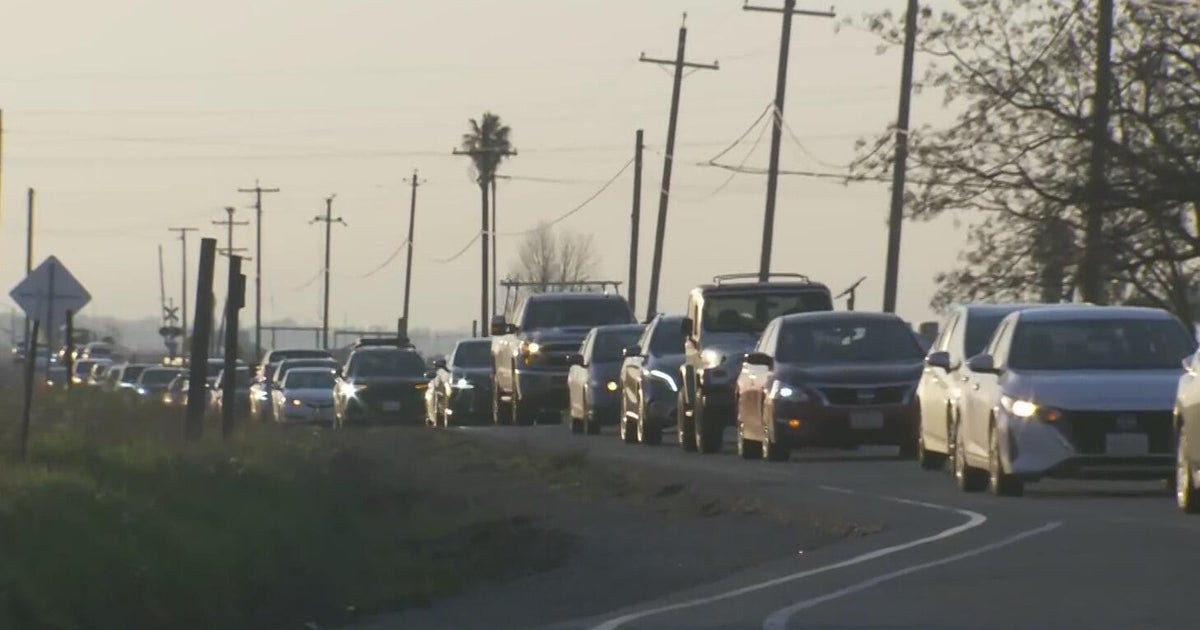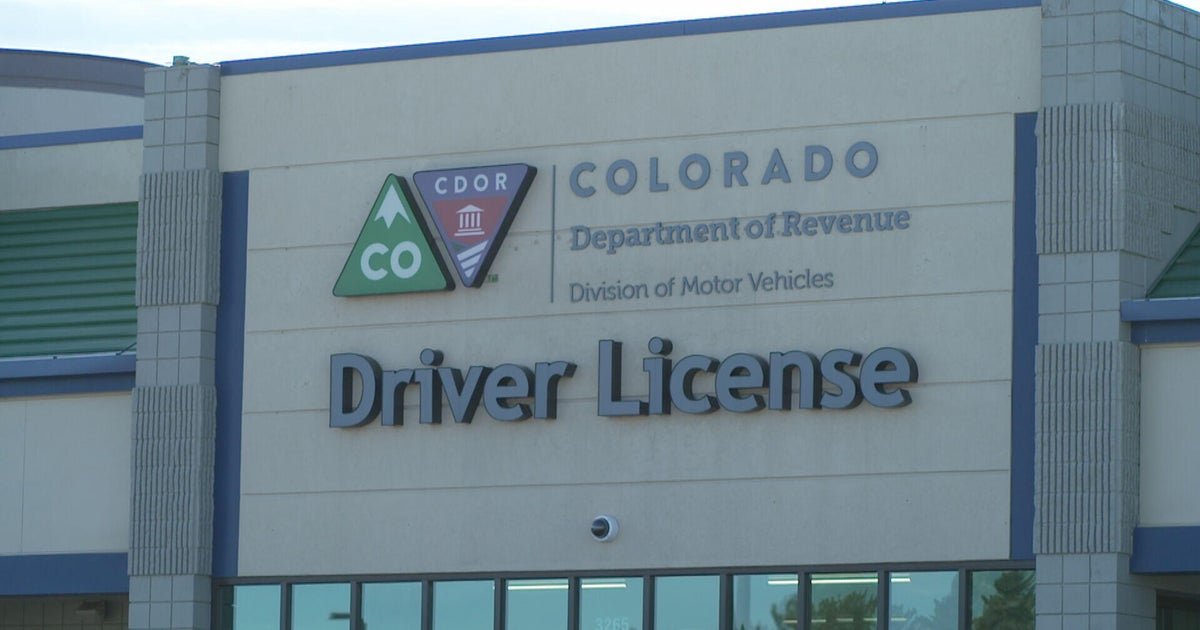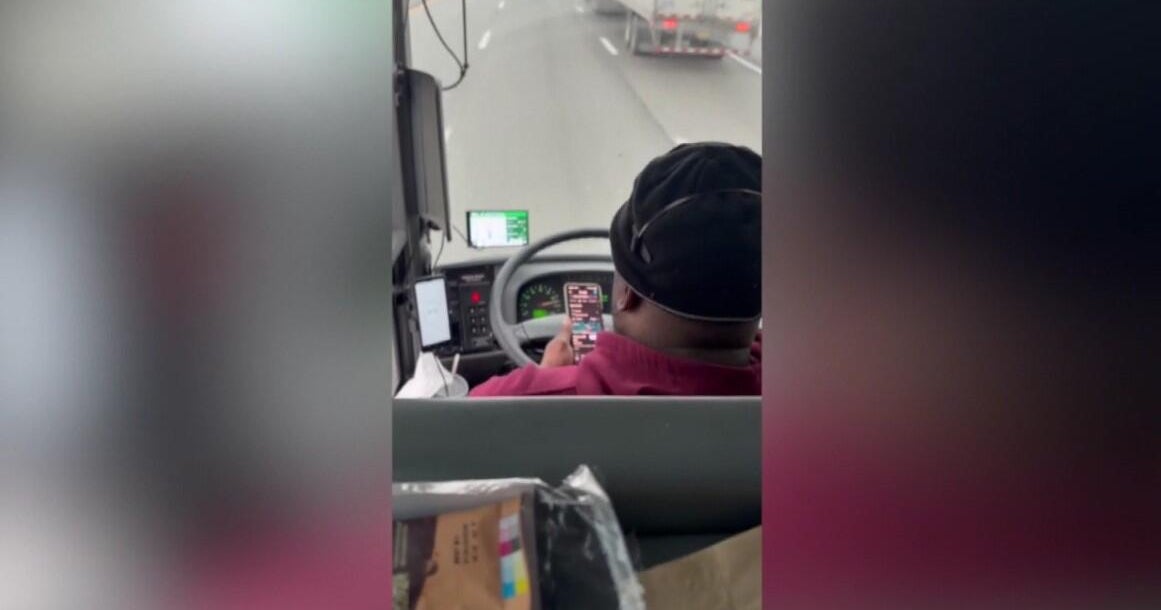Tips For Your Next Road Trip
What should I do before the trip?
An itinerary can take away many of the uncertainties faced on a trip and it can save you money. Plan on making hotel reservations in advance to save money and to take the hassle away from last-minute reservations. Online travel sites like Kayak, Hipmunk and trivago allow you to compare lodging from multiple sources and a general rule of thumb for the best prices is to book 45 days in advance. Additionally, you can add the cheapest (or best) gas stations along your route by visiting AAA, GasBuddy or other related sites and smartphone apps, in addition to listing rest stops by visiting Google's Rest Areas. Lastly, determine a budget before embarking on your trip for fuel, meals, entertainment and emergencies.
What about my car?
One of the worst ways to ruin a road trip is with car trouble. To lessen the risk, a vehicle should be serviced, such as an oil change, tire rotation and inspection, brakes and fluids inspections. Yet even with advance preparation, it's possible that something could occur. Therefore it helpful to have emergency roadside assistance coverage from road clubs like AAA or through your insurance carrier. Travelers should also have a basic car emergency kit, which may include a flashlight, spare batteries, flares and jumper cables.
Can I save money by renting a car?
Renting a car certainly has it perks and drawbacks. Regardless of the size of the rental, some vehicles may have a better MPG rating than your own vehicle and may provide more comfort for the trip. Any loyalty cards or discounts can reduce the price of the rental and filling up the car's gas tank prior to returning the vehicle.
Should I bring a first aid kit?
A first aid kit is part of a basic car emergency kit but needs a category of its own. The old adage "accidents do happen" certainly applies to road trips. Kits can be purchased through the Red Cross and pharmacies, or you can make your own kit. Typical kits include sunscreen, bandages, antiseptic, aspirin and insect repellent. The Red Cross also offers a handy first aid reference app available for iOS, Android or Amazon Kindle devices. However, a first aid book may also come in handy, particularly in areas where there is no cellphone service.
What should I buy before the trip?
You'll save money by purchasing drinks, snacks and other items in advance instead of purchasing items at gas stations, particularly those located near freeway exits. Additionally, plenty of water in a cooler should be on hand, particularly for warm climates and emergencies. Trash bags should be packed for the trip to remove clutter, and utensils, paper towels and disposable dishes may also come in handy.
What can I do to keep everyone from boredom?
Every traveler will benefit from some form of entertainment to offset the long dull hours on the road. While music on the radio and CDs are obvious choices, audiobooks are great for the solo traveler. Families with children can play traditional car games such as reading license plates, singalongs or 20 questions, as well as reading material and video games on tablets. Additionally, tablet accessory companies for Android, iPad et. al. offer cases that can be wrapped around the front seat, allowing a child to have a car entertainment system for movies, games and music.
What are some good safety tips?
Another way to ruin a road trip is to get a speeding ticket. Staying within the speed limit is not only safer, but it's also easier on the vehicle's engine and better on gas. Drivers must be rested and if there is more than one driver, it's helpful to take turns driving and, if possible, drive when the weather's cooler. Drivers should exercise caution in unfamiliar places and obey all local traffic laws, including wearing seat belts. You can also save on gas by avoiding quick accelerations, sudden stops, turning off the AC, using cruise control and ensuring the tires are properly inflated. Some states may allow the use of a cellphone while driving, but it's much safer to use a hands-free device. Even when traveling over the summer, it's important to be aware of any weather alerts for inclement weather. Lastly, drivers should not consume alcohol prior to getting behind the wheel.
What else should I pack?
Clothing and toiletries are essential but don't overpack since you might be buying things along the way. Whether or not you have a smartphone with a GPS, an actual road map and compass can be helpful. Don't forget to pack essential items like medications, medical and emergency contact information, chargers for your gadgets and possibly a spare car key. Lastly, make sure your auto insurance, registration and other documents are up to date.
Should I leave my pet at home?
Bringing along the family pet can make a long road trip that much more entertaining. Before the trip, a visit to the veterinarian is a smart idea, especially if your pet is prone to motion sickness. Plan on bringing items like ID tags, food, water, collars, leashes, pet carriers, bowls, beds, toys and medical records. Periodic rest stops are necessary to allow your pet to get out and stretch. Cats should be transported in a carrier for everyone's safety. Dogs that like to roam about should be harnessed with a dog safety belt. TripswithPets is a good site to compare pet-friendly lodging. Try not to leave your pet unattended, especially when it's hot outside.
Is there anything else I am forgetting?
No one wants to come home from a vacation to discover the home's been burglarized. Fortunately, there are a number of ways to prevent this from happening. The easiest solution is to have someone watch over or stay in the home. If this isn't practical, you can protect your home from thieves by using timers for lights, TVs and radios, making sure doors and windows are secure, installing motion detector lights and, if practical, installing a home surveillance camera. Lastly, if you use social media, be wary about what you choose to share while you're away. Tech savvy thieves, some operating in groups, have been using social media to target homes of people who use popular sites like Facebook. Try not to announce you're going on a vacation and disable your location settings, enable tag review and consider not "checking in" or uploading photos during your trip.
Related: How To Stay Healthy While Traveling
Randy Yagi is a freelance writer covering all things San Francisco. In 2012, he was awarded a Media Fellowship from Stanford University. His work can be found on Examiner.com Examiner.com.







